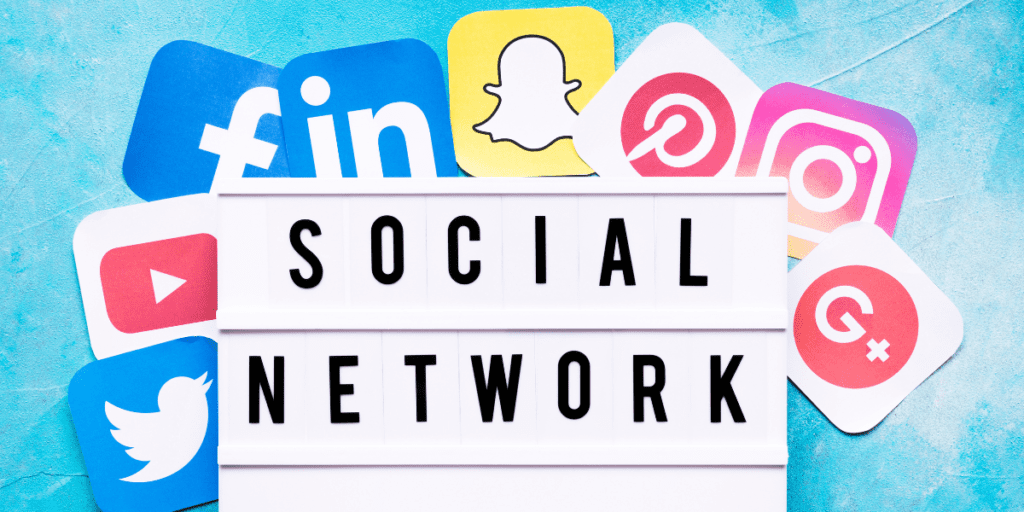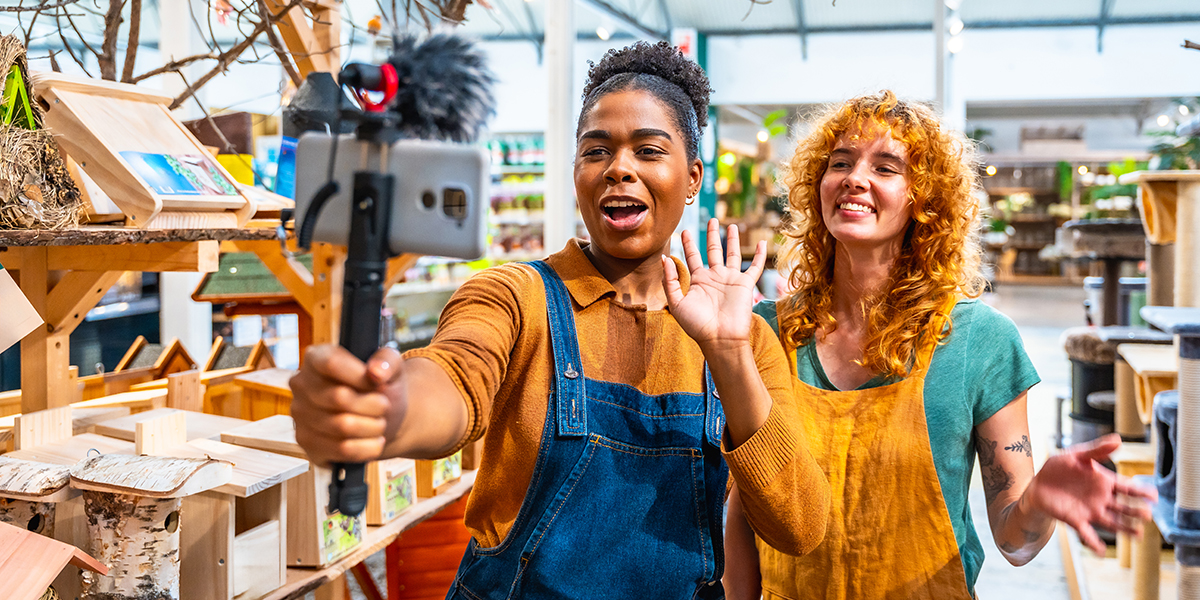In the ever-evolving digital landscape, social media has become a powerful tool for small B2B organizations to connect with their target audience and drive business growth. However, many encounter challenges when attempting to navigate the B2B social media landscape on their own. To help small business owners and marketing managers achieve their social media goals in 2024, this blog will provide insight into overcoming common challenges, explore upcoming trends, and offer guidance on selecting the right social media platforms tailored to their audience.
Overcoming Challenges for Small B2B Organizations
Small B2B organizations often face several roadblocks when trying to establish a successful social media presence. Some of the key problems they encounter include:
Limited Resources
With smaller budgets and fewer personnel, it can be challenging to allocate sufficient time and resources to effectively manage social media platforms.
Lack of Expertise
Many small businesses struggle with understanding social media strategy, content creation, and the ever-changing algorithms across different platforms.
Finding Relevance
B2B organizations often struggle to find engaging and relevant content that resonates with their target audience, making it challenging to stand out in a crowded social media landscape.
To overcome these obstacles, small B2B organizations need to invest in social media training, prioritize strategy, and leverage available tools to streamline their efforts. Seeking external support, such as partnering with agencies or consultants, can also provide valuable expertise and guidance.
Prevalent Social Media Trends in 2024

A B2B social media strategy excels even further when adopting social media trends early on.
Looking ahead to 2024, several social media trends are expected to shape the landscape. While speculative, these trends can provide small B2B organizations with insights to stay ahead of the curve:
Video Content
TikTok, the popular short-form video app, has been making waves in recent years, and its popularity is expected to continue to rise in 2024. With video’s highly engaged user base and creative content, it’s poised to become an even more significant player in the social media realm, and not just on TikTok.
Ephemeral Content
Stories or short-lived content, like those found on Instagram and Snapchat, will continue to gain popularity in 2024, offering an opportunity for small B2B organizations to share behind-the-scenes content, company updates, and limited-time offers.
Social E-commerce
With the rise of social commerce, platforms like Facebook and Instagram will further integrate e-commerce features, providing seamless in-app purchasing options, personalized product recommendations, and enhanced ad targeting capabilities.
Augmented Reality and Virtual Reality Integration
Technologies like augmented reality (AR) and virtual reality (VR) are set to become more prominent in the social media landscape in 2024. Social media apps will likely incorporate AR filters, virtual storefronts, and branded games to offer immersive and interactive experiences for users. Brands can leverage AR and VR to engage with their audience on a whole new level, creating unique and memorable experiences that drive deeper connections.
Artificial Intelligence (AI) and Automation
As technology advances, so does the potential for leveraging artificial intelligence (AI) and automation in social media marketing. Explore AI-powered tools that can analyze data, provide valuable insights, and streamline repetitive tasks. Automate routine processes, such as scheduling posts and responding to basic inquiries, freeing up time for strategic planning and creative endeavors.
Selecting the Right Social Media Platforms

Finding social media platforms that fit your needs is key to an effective B2B social media strategy.
While there is no one-size-fits-all solution, selecting the most suitable social media platforms depends on understanding your target audience, their personas, and buyer’s journey. Here are five platforms worth considering:
Ideal for B2B organizations, LinkedIn offers opportunities to establish thought leadership, connect with professionals, and share industry insights.
Twitter (X)
With its real-time updates and engagement opportunities, Twitter is valuable for sharing industry news, participating in conversations, and providing timely customer support.
Offering a broad reach and diverse content formats, Facebook can be used for brand awareness, targeted advertising, and building communities through groups.
YouTube
If your B2B organization relies on visual content or product demonstrations, YouTube provides a platform to educate your audience, share expertise, and increase brand visibility.
Effective for visual storytelling and showcasing your brand personality, Instagram helps humanize B2B organizations, engage with the audience, and forge emotional connections.
Remember, choosing the right platforms involves aligning with your target audience’s preferences, behaviors, and social media habits. It’s better to focus on a few platforms and excel in your content creation rather than spreading thin across multiple platforms.
In conclusion, small B2B organizations can elevate their social media strategy in 2024 by addressing common challenges, staying informed about emerging trends, and selecting appropriate social media platforms. By investing in training, accessing external support, and leveraging upcoming trends like AI-driven personalization, virtual reality experiences, and ephemeral content, small B2B organizations can carve out a successful social media presence and drive business growth in the coming year. Want to learn more about boosting your social media strategy? Check out our 7 easy tips for increasing your social media strategy.
![20250616_SPW_SEOSmallBizGuideCTA • Sharp Wilkinson Boost Your Online Visibility! Unlock the secrets to a top-ranking website with our FREE SEO Guide for Small Businesses. [Download Your Guide Now!]](https://sharpwilkinson.com/wp-content/uploads/2025/06/20250616_SPW_SEOSmallBizGuideCTA-1024x512.png)




